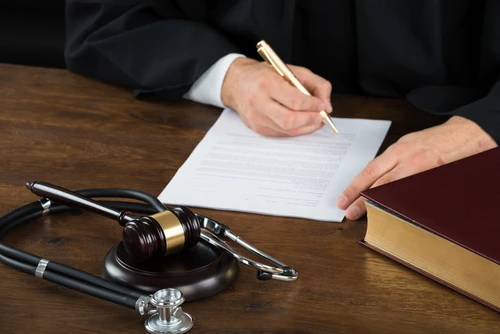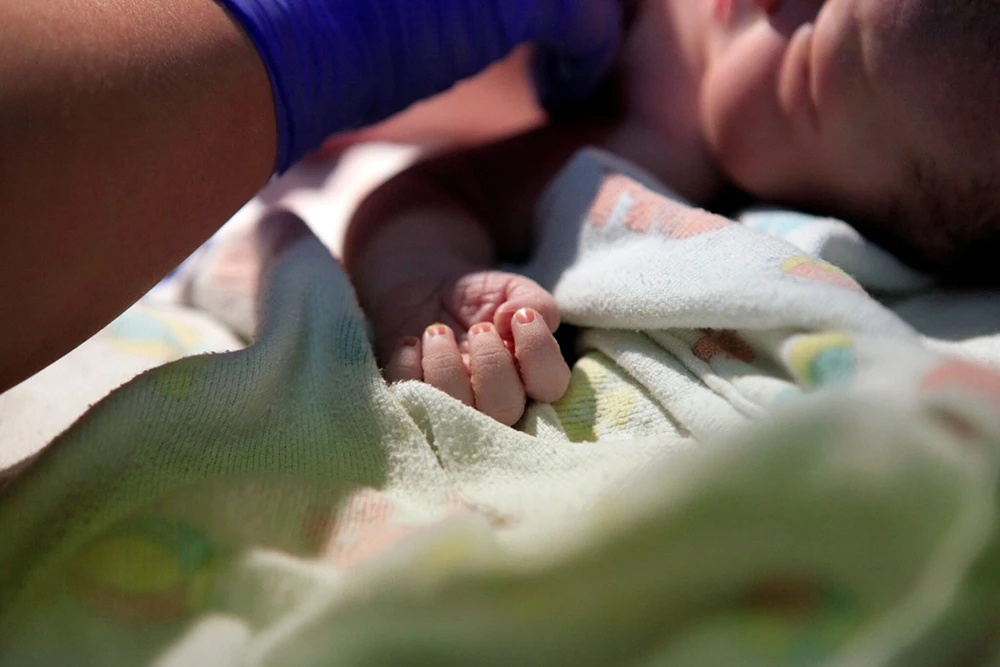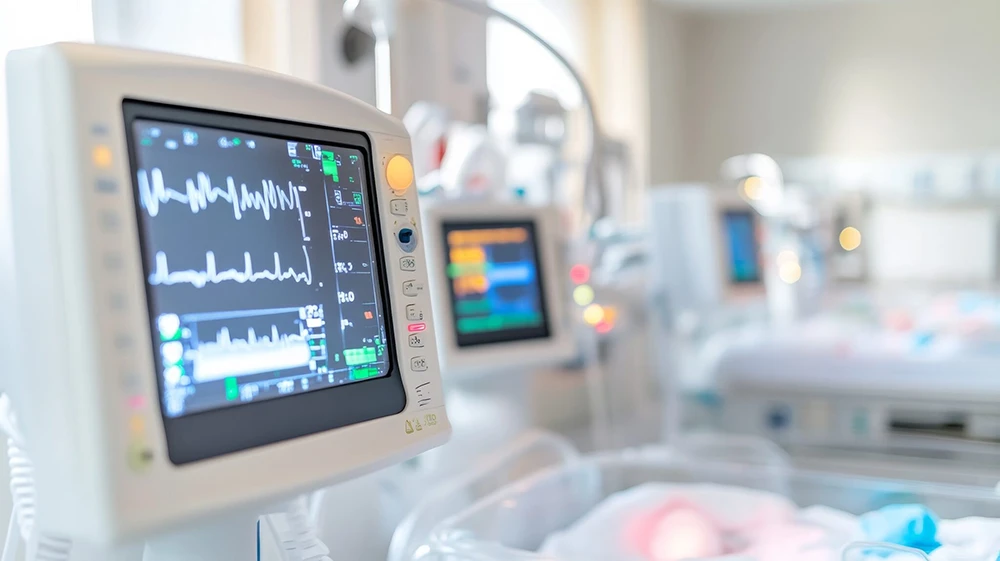 If you have been harmed during a medical procedure or visit, you might be entitled to damages for medical malpractice. If you have been harmed during a medical procedure or visit, you might be entitled to damages for medical malpractice. If a doctor harms a patient because they failed to completely perform their medical duty, then that doctor is guilty of medical malpractice. However, before you can collect compensation, you will need to establish that the physician’s actions were negligent. In this blog, we explain how to prove negligence in a medical malpractice case.
If you have been harmed during a medical procedure or visit, you might be entitled to damages for medical malpractice. If you have been harmed during a medical procedure or visit, you might be entitled to damages for medical malpractice. If a doctor harms a patient because they failed to completely perform their medical duty, then that doctor is guilty of medical malpractice. However, before you can collect compensation, you will need to establish that the physician’s actions were negligent. In this blog, we explain how to prove negligence in a medical malpractice case.
Establishing Negligence
Medical malpractice cases require the following to prove negligence:
- The existence of a duty owed by the doctor to the plaintiff
- That the accepted standard of care was deviated by the health care professional
- The related link between the health care professional’s deviation from the standard of care and the patient’s injury
To find a doctor negligent, it must be shown that physician’s conduct did not meet the generally accepted standard of medical care. To establish this standard, the plaintiff has to present the testimony of another medical expert who is qualified in the same area of medicine as the defendant. The expert will then demonstrate what standard is commonly met by others in the same profession or medical field.
You will also need to show that you had a doctor-patient relationship with the person you are suing. Essentially this means that you hired the doctor and the doctor agreed to be hired. Typically, the doctor-patient relationship comes under scrutiny in situations where a consulting physician does not directly treat a patient.
Informed Consent
Failing to get a patient’s “informed consent” before a procedure or treatment can also be a form of medical malpractice. Informed consent means that a physician has to tell a patient about all the potential benefits, risks, and alternatives involved in any surgical procedure, medical procedure, or other kinds of treatments. They must also have the patient’s written consent to proceed.
Do you have more questions about proving negligence in a medical malpractice case? Call (314) 241-2929, or contact our St. Louis medical malpractice attorneys to learn how we can help you today.


